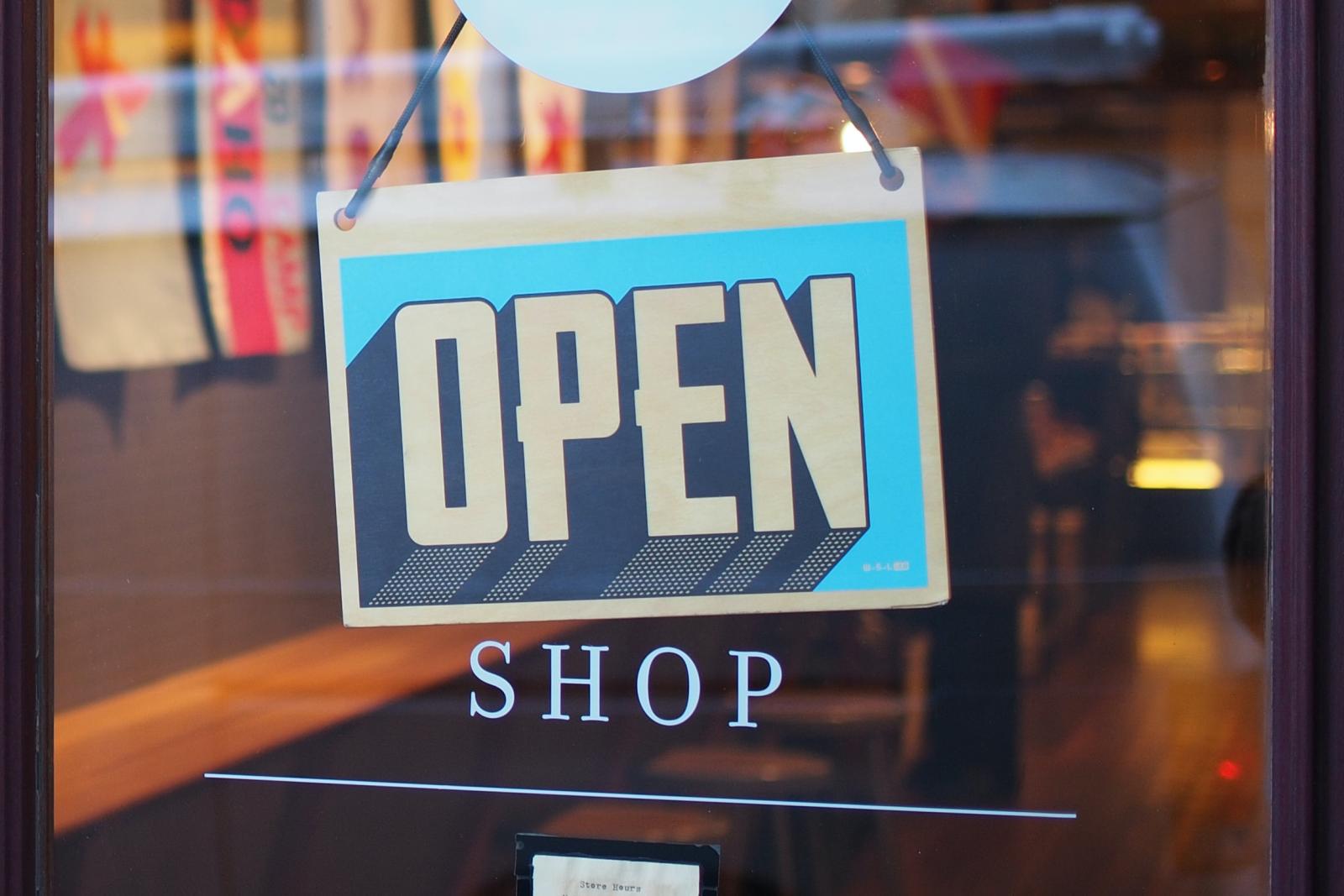When James Beard Award-winning cookbook author Grace Young was asked to reflect on the best meal she ate last week, her mind gravitated to Hop Lee, a longstanding Cantonese restaurant in the heart of New York’s Chinatown. On any given weekday, its pastel dining room bustles with teachers, postal workers and residents who commune over plates of stir-fry and noodles.
“It’s a feeling of warmth to just be there; I call it the ‘Cheers’ of Chinese restaurants,” she said. “And the food is wonderful.”
Hop Lee looked very different two years ago. Pandemic conditions and xenophobia in New York transformed its Chinatown into an “abandoned Hollywood movie set,” shuttering vulnerable shops and eateries and spurring Young to launch a social media awareness campaign to draw people back.
Young discussed her efforts last week alongside gentrification experts, community leaders, researchers and policy advocates at the University of Maryland’s inaugural Small Business Anti-Displacement Network (SBAN) Conference. The gathering was one of the first national conferences to address the challenges confronting BIPOC- and immigrant-owned small businesses and forward solutions to keep them thriving in the face of neighborhood change.
Hosting more than 300 people over two days, including some of the leading small business and gentrification experts in the world, the virtual conference was an extension of efforts underway by SBAN member organizations to help small businesses navigate challenges ranging from access to capital and tenant protections to rising rents. The event offered a forum to share innovative tools, strategies and interventions.
“Small businesses, particularly BIPOC- and immigrant-owned businesses, are incredibly vulnerable to displacement and financial strains when communities gentrify,” said SBAN Director and Associate Professor Willow Lung-Amam. “Our hope for this conference is to bring our member organizations and other small business leaders from across the country together to share new ideas, success stories and challenges about how to keep small business in place.”
The conference’s keynotes, panel discussions, and case study talks covered a variety of topics, including advancing racial equity; anti-gentrification activism and organizing; access to capital; collective and cooperative property ownership; and commercial tenant protections and affordability. Stories and case studies highlighted businesses at the bedrock of communities navigating changing neighborhoods. Conference attendees shared stories of the vulnerabilities of BIPOC- and immigrant-owned businesses, who struggle with construction disruption, competition from high-end stores and changing customer base. A panel discussion on technical assistance strategies shed light on the challenges of helping small businesses grow, organize their finances, plan for equipment purchases and create pathways to commercial ownership. While gentrification remains a key challenge, so does economic uncertainty, with many small business owners losing their storefronts during the pandemic.
“We walked into a pandemic already in a pandemic,” said Allapattah Collaborative CDC’s Mileyka Burgos-Flores, who works with Latinx legacy cultural businesses in Miami. “But the one good thing about the pandemic is all the programs that were created that focus on communities; they are really being intentional in bringing us out of the shadows. We still have a lag as a community, but there are some rays of lights that are coming through.”
Launched in the spring of 2021, the Small Business Anti-Displacement Network, which operates out of UMD’s National Center for Smart Growth, has united over 115 organizations—including community-based organizations, technical service providers, policymakers, scholars, financial institutions and real estate developers—that work directly with small businesses in gentrifying neighborhoods. Through research and data, capacity-building and networking in working groups and other events like the conference, SBAN helps small businesses become more resilient in the face of change, says Lung-Amam, and reap the benefits of new neighborhood investments.
The conference’s closing session on organizing and multiplying on-the-ground efforts poises SBAN members for what’s next; speed networking and happy hour chats were hubs for building connections that Lung-Amam hopes will build trust among members, foster new partnerships, advance SBAN’s anti-displacement research and advocacy efforts and keep the momentum going for next year’s conference, which will be in-person.
“I hope, more than anything, the conference inspired our members and other small business leaders to continue to do the good, important work they do,” she said.

